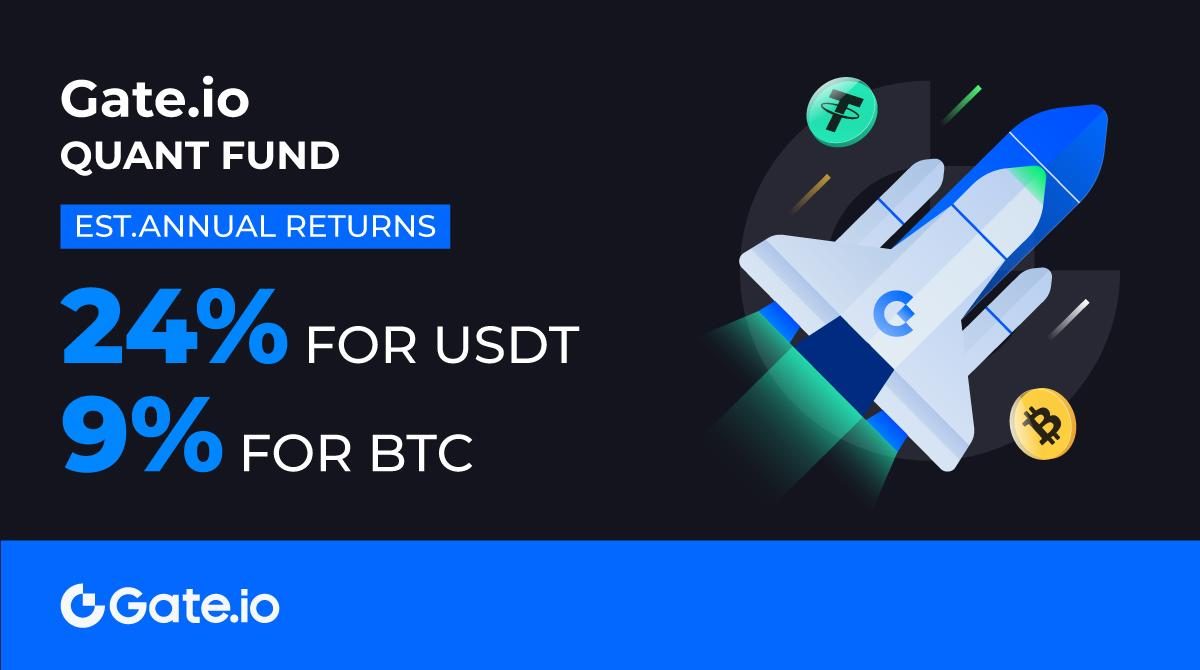Thailand does not restrict the use of cryptocurrency for payment, but warns of price fluctuations.
According to Bank of Thailand authorities, using bitcoin as a form of payment is not unlawful. They did, however, caution that consumers “must be able to accept the risks,” which included price fluctuations.

This week, Sakkapop Panyanukul, senior director at the Bank of Thailand‘s Monetary Policy Department, explained the central bank’s stance on bitcoin.
He said that the Securities and Exchange Commission (SEC), relevant institutions, and stakeholders are now debating how to regulate cryptocurrencies with the central bank. The bank’s goal is to reduce the dangers that consumers face when utilizing cryptocurrencies to make payments.
Noting that some people in Thailand are already utilizing cryptocurrency to pay for products and services, the director emphasized:
It’s not illegal … but [users] must be able to accept the risks.
According to the central bank, cryptocurrency is not recognized cash in the nation, and using it as a means of exchange “constitutes barter trade between the owner of the digital asset and the provider of goods and services, where the payer and the receiver mutually accept all risks involved.”
The director said, “If other currencies are widely used, it impact the central bank’s ability to oversee the economy.”
Chayawadee Chai-anant, another senior official, noted that many financial institutions across the world are anxious about crypto jeopardizing financial stability. While expressing worries about financial stability, she clarified:
Currently, the Bank of Thailand does not prohibit but is worried about the use of digital assets for payments of goods and services due to their price fluctuation.

In Thailand, cryptocurrency is becoming increasingly popular as a means of payment for products and services. The central bank issued a warning letter in July on the usage of digital assets as a form of payment. The country’s prime minister warned investors not to invest in cryptocurrencies in October, claiming that they are volatile and extremely speculative.
The Tourism Authority of Thailand (TAT) said in November that it is collaborating with the SEC and the central bank to make it easier and more easy for visitors to spend cryptocurrency in Thailand. “Crypto is the future,” stated the TAT governor, “so we must make Thailand a crypto-positive society to welcome this group of quality tourists.”




















